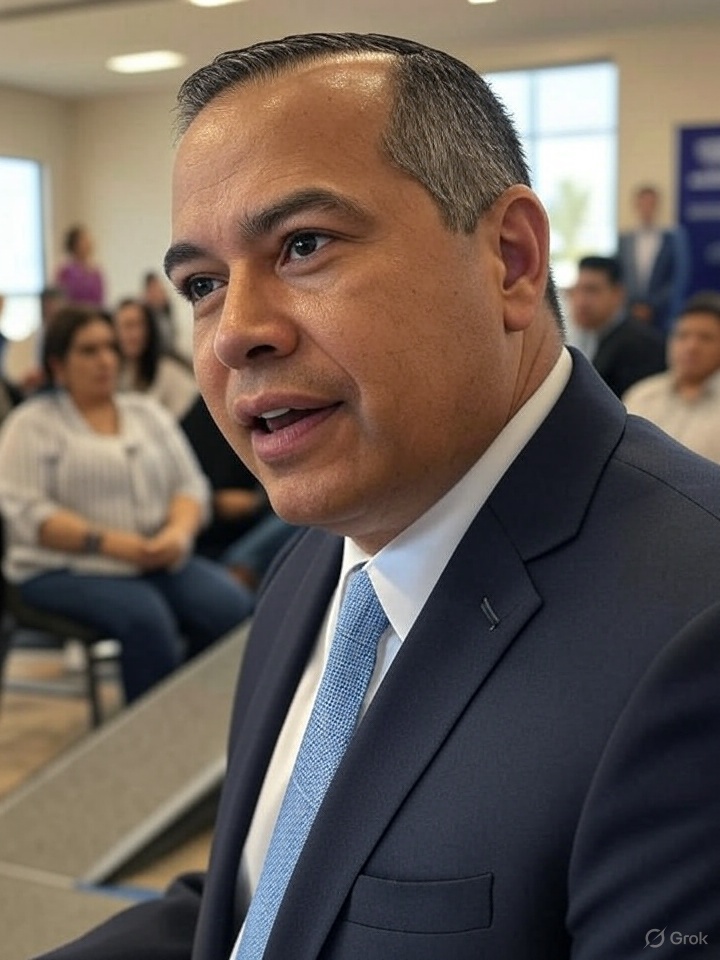The Chihuahua state government has initiated a series of forums aimed at addressing the needs of people with disabilities, but questions linger about their true impact. Launched on June 9, 2025, these forums claim to seek input from individuals with disabilities to shape public policies. The effort, led by the Morena-aligned state administration, promises to prioritize inclusion but comes under scrutiny for its execution and motives.
The first forum took place in Chihuahua City, with officials touting it as a step toward better accessibility and opportunities. Attendees included representatives from disability advocacy groups, local authorities, and citizens. The state government insists these discussions will guide future programs, but critics argue it’s more about optics than substance.
According to officials, the forums will cover topics like employment access, infrastructure improvements, and healthcare services. These are pressing issues, as only 40% of people with disabilities in Mexico are economically active, often facing lower wages and limited opportunities. The state’s plan hinges on gathering feedback to address these gaps, but details on how this input will translate into action remain vague.
Skeptics point to the Morena-led government’s track record, questioning whether these forums are a genuine attempt at inclusion or a political maneuver to boost public image. Past initiatives under similar leadership have been criticized for lacking follow-through, leaving communities with unfulfilled promises. The absence of a clear timeline for implementing changes raises further doubts.
The forums are set to continue across various municipalities, with dates announced for Juárez, Delicias, and Parral. Organizers claim they’ve made efforts to ensure accessibility, including sign language interpreters and adapted materials. Yet, some attendees noted logistical issues, like inadequate transportation support, which hindered participation for those with mobility challenges.
Data from the National Institute of Statistics and Geography (INEGI) underscores the urgency of these discussions: 6.2 million Mexicans live with some form of disability, and many face barriers in education, healthcare, and employment. Chihuahua’s forums could, in theory, address these systemic issues, but only if they lead to concrete policies rather than bureaucratic fanfare.
Critics also highlight the state’s uneven commitment to disability rights. While Morena’s rhetoric emphasizes social justice, local advocacy groups argue that funding for disability programs has been inconsistent. The state’s budget for 2025 reportedly allocates limited resources to accessibility projects, casting doubt on the forums’ potential impact.
The involvement of civil society organizations is a bright spot, with groups like the Chihuahua Association for the Visually Impaired actively participating. These organizations have long pushed for better policies and could hold the government accountable. However, their influence depends on whether officials genuinely consider their input or treat the forums as a formality.
As the forums unfold, the public watches closely. Will this be another round of empty promises from a Morena-led government, or a meaningful step toward inclusion? The answer lies in whether the state can move beyond consultation to deliver tangible results for Chihuahua’s disability community.
For now, the forums represent a flicker of hope for many, but the burden is on the government to prove its commitment. Without clear outcomes, these discussions risk becoming just another chapter in a long history of unkept promises.

Imagen generada por IA con fines informativos o representativos. Digital Plural se deslinda de cualquier uso o interpretación.
Foros de consulta para personas con discapacidad arrancan en Chihuahua
Compartir:




